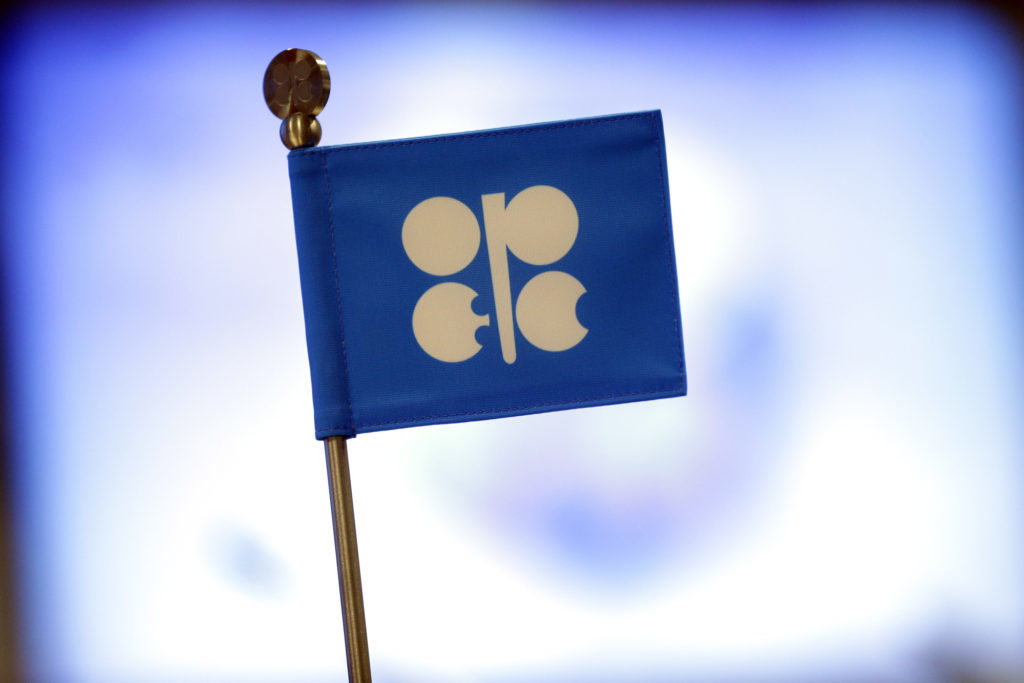
Qatar’s “surprise” decision to withdraw from OPEC raises questions about the loyalty of the cartel’s remaining members, analysts said.
The middle-eastern nation is one of the world’s biggest exporters of liquefied natural gas and wants to increase sales, shaking off constraints imposed by OPEC.
Ashley Kelty, from Cantor Fitzgerald, said the move suggested OPEC nations were becoming increasingly unhappy with Saudi Arabia’s leadership – and the influence the US exerts on the kingdom.
But Mr Kelty said Qatar’s farewell would have “little impact” on the group in the short term, but that Saudi would need to work harder to keep members singing off the same hymn sheet.
Prices climbed today after Moscow and Riyadh agreed to continue their cooperation on production quotas, though the extent of the cuts remains unknown.
OPEC and ally Russia are expected to agree cuts in Vienna later this week in an effort to bolster crude prices.
Brent crude plummeted over the last two months, from $86 at the start of October, to $59 at the end November.
The US imposition of sanctions on Tehran failed to result in a large chunk Iranian production coming off the market – because Washington issued waivers to some of Iran’s biggest customers.
Meanwhile, Russian, the US and Saudi pumped out huge volumes of oil, leading to fears of a supply glut.
Fiona Cincotta, senior market analyst at City Index, said: “In contrast to crude oil, gas prices are on the slide as Qatar, the world’s largest exporter of liquid natural gas, has decided to sever ties with oil cartel OPEC from next year to focus more on gas.
“The Middle Eastern country surprised the market with its decision before the scheduled OPEC meeting in Vienna at the end of this week where oil producers are due to discuss production cuts to their crude oil output.
“However, in a signal that some major production decisions will be taken outside of OPEC, Russia and Saudi Arabia also met at the G20 and agreed to keep production at bay to help prices.”
“No particular time frame has been outlined yet and the level of cuts has yet to be confirmed by either of the producers.
Mr Kelty said: “The decision by Qatar to quit OPEC is certainly a surprise, although it is more the timing of the announcement rather than the actual impact on OPEC supply that bears significance.
“Qatar is a tiny oil producer – accounting for less than 2% of the cartels output – but it is one of the world’s largest LNG producers, and as such membership of OPEC doesn’t really deliver the benefits that it does to other member nations.
“Furthermore, the longstanding Saudi-led economic and political boycott of Qatar is bound to have played a large part in the decision.
“We don’t think it makes much of a difference to the ability of OPEC to influence global supply (and ergo prices), as it is only the support of Russia that allows the cartel to maintain its current relevance.
“The exit of Qatar is suggestive of growing dissatisfaction among OPEC nations with the Saudi’s leadership, and we’d suspect that many of the members are wary of how much influence the US has over Saudi Arabia, and whether this leads to decisions that are not necessarily in the best interests of OPEC.
“We are of the view that this will have little short term impact on OPEC, but the Saudis are certainly going to have to work harder to maintain agreement between the group on production cuts.
“It should not impact the decision to make production cuts this week, but the real issue is the scale of any cuts, along with timeframe and baseline against which production will be reduced.
“We remain concerned that any cuts may well be insufficient to curb oversupply in the near term, and that prices will struggle to recover the highs of recent months.”
